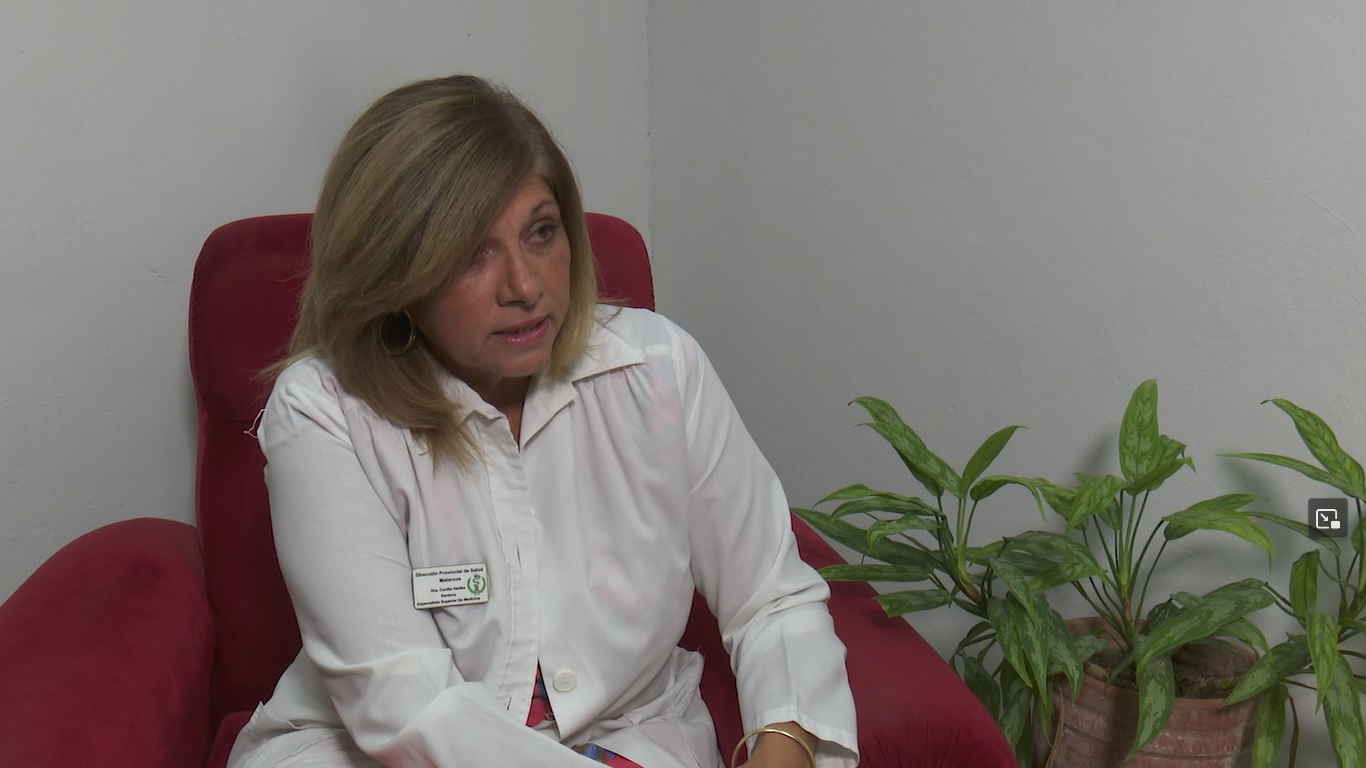Vida, the project for adaptation and mitigation of climate change in human health and the health sector in Matanzas, aims to investigate and counteract the effects of climate change on people’s well-being.
Since 2018, the group of 23 researchers that make it up has been advancing in its task with the approval of the territory’s CITMA.
Dr. Cecilia Valdés indicated that among the most common ailments caused by the meteorological phenomenon are skin and cardiovascular diseases.
«The main aspects that we have dealt with in the project are related to individual health, including the issue of the relationship between climate change and chronic non-communicable diseases, such as the well-known meteoric-trunk effect, with cardiovascular diseases, hypertension and strokes.
«We are also working on the relationship that this phenomenon may have on infertility, low birth weight, and food and nutrition security,» he explained.
Studies also suggest that waste and the activity of health facilities themselves contribute to the acceleration of climate change. To counteract these negative consequences, the project implements an action plan in the province’s institutions.
«We are aligned with a coastal resilience project and we have started with actions in the municipality of Cárdenas.
The doctor explained that it is a plan in the territorial Hospital of Cárdenas Julio Miguel Aristegui Villamil, which first studies what the vulnerabilities and risks are and then adopts the measures.
«These are constructive, empowering actions that are part of the alliance between the health sector and other entities.»
The Vida project, together with its tasks in the area of research and health, is committed to raising awareness among the population and urging them to take preventive measures against the effects of climate change on human beings. (ALH)
Translated by Casterman Medina de Leon
